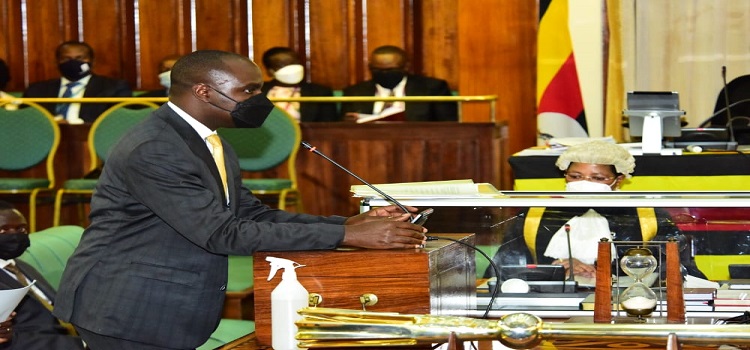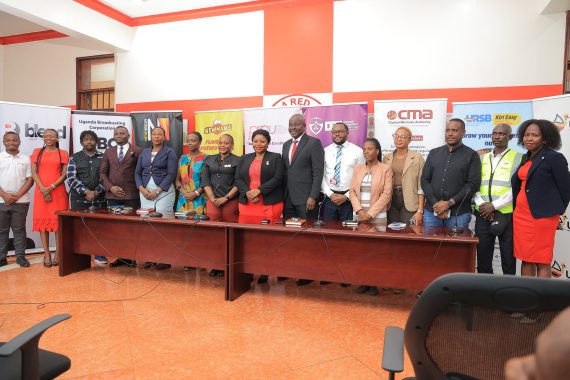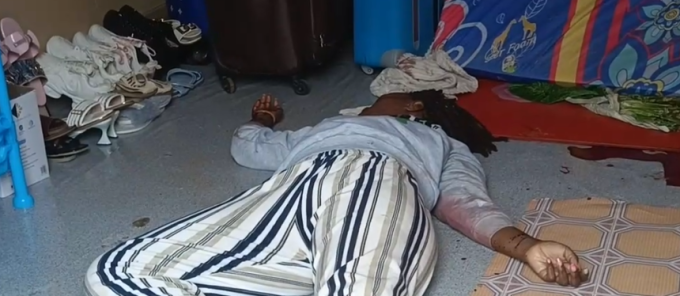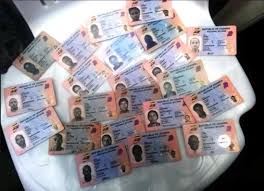Members of parliament have trashed a proposal by theKampala Central Member of Parliament, Hon. Muhammad Nsereko to remove tax on five year old computers.
Parliament has instead passed Amendments to the Value Added Tax Bill, 2022 to include VAT on bread, wheat and old computers.
During plenary on Tuesday to discuss amendments to the Value Added Tax a, Nsereko suggested that the tax be scrapped off computers to enable easy procurement of the machines for learners and the public.
He explained that the world is fast revolving to digital and it will only be reasonable for people to access them easily and affordably. He further explained that removing VAT on computers five years older, would help families afford these machines which are increasingly becoming the basis of learning in Uganda.
“The price of a new computer goes for 5 million plus, so for young people who want to start early computer programming or software engineering, it is expensive for them. In the next few years the whole world will be digitally connected. If you told people thirty years ago that over 5 billion people would be on internet, few would accept,’ he said

However, his proposal was met with mixed reactions from Legislators, Hon. Fox Odoi Oywelowo MP West Budama North differed saying
a five year old computer is due only for destruction and there are environmental hazards to it. He also mentioned that destroying them is expensive and Uganda cannot afford it.
Legislators generally agreed that easily importing five year old computers will cause Uganda to become a dumping ground.
A few Mps however agreed with Nsereko that the price of computers is very expensive and it affects the education system. They said various institutions of learning have computer studies but cannot afford the machines.
Speaker of Parliament, Anita Annet Among said it would be better to provide necessary conditions for the assembly of computers in the country instead of encouraging the importation of older computers.
“Are we encouraging this country to be a dumping ground? If we can have Kiira Motors [a vehicle manufacturing and assembly plant], why can’t we instead push for an assembly plant [for computers]?” she said.

Henry Musasizi, the Minister of State for Finance- General Duties, said the Value Added Tax Act currently only exempts cylinders but not oxygen, and the exemption is in a bid to make it affordable.
The Bill also exempted devices used by Persons with Disabilities-PWDs, educational materials, sanitary towels, menstrual cups, tampons, and the inputs for the manufacture of sanitary ware.
Imports used by businesses in exempt supplies have also been slapped with VAT, following the amendment of Section 20(2) of the VAT Act by passing clause 2 of the Bill, which deleted the supplies from categories exempted from the tax.
Nsereko also said bread, or any other inputs like wheat should be VAT exempt to make it affordable to citizens, who he said are currently grappling with the skyrocketed prices of basic commodities. But that was rejected in equal measure.
“For as long as it [wheat] is declared as an input in the making of bread, let it be exempt,” he said, which proposal was rejected by MPs upon being put to vote.
Educational materials including those manufactured in any of the East African Community countries will also be exempt from VAT should President Museveni assent to the VAT Bill passed by Parliament.
Zero rating is a tax practice that provides for items as taxable under the Value Added Tax but tag a rate of zero to it so that the effect is that the item is actually VAT free.
















